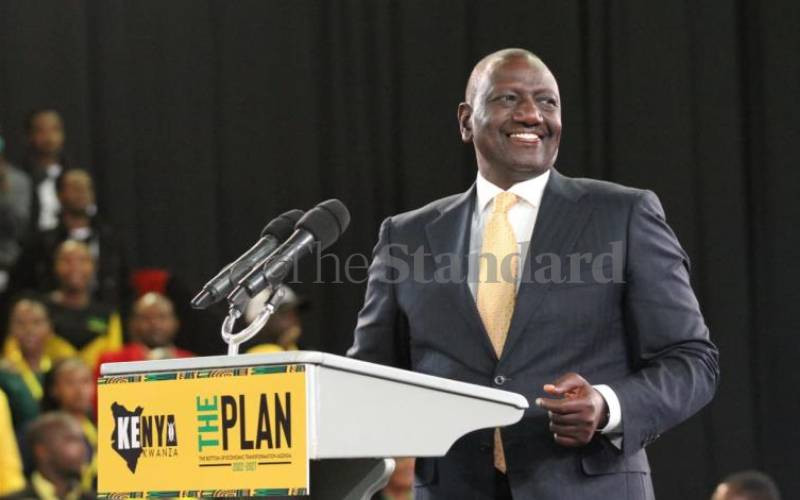×
The Standard e-Paper
Smart Minds Choose Us

Deputy President William Ruto has promised to invest at least Sh500 billion in the financial years 2023-2027 in the agriculture sector and the small and medium enterprises.
Ruto said the money will be raised from budget reorganisation and restructuring so that the country can be more pre-production oriented, reduce huge infrastructural financing and create jobs.